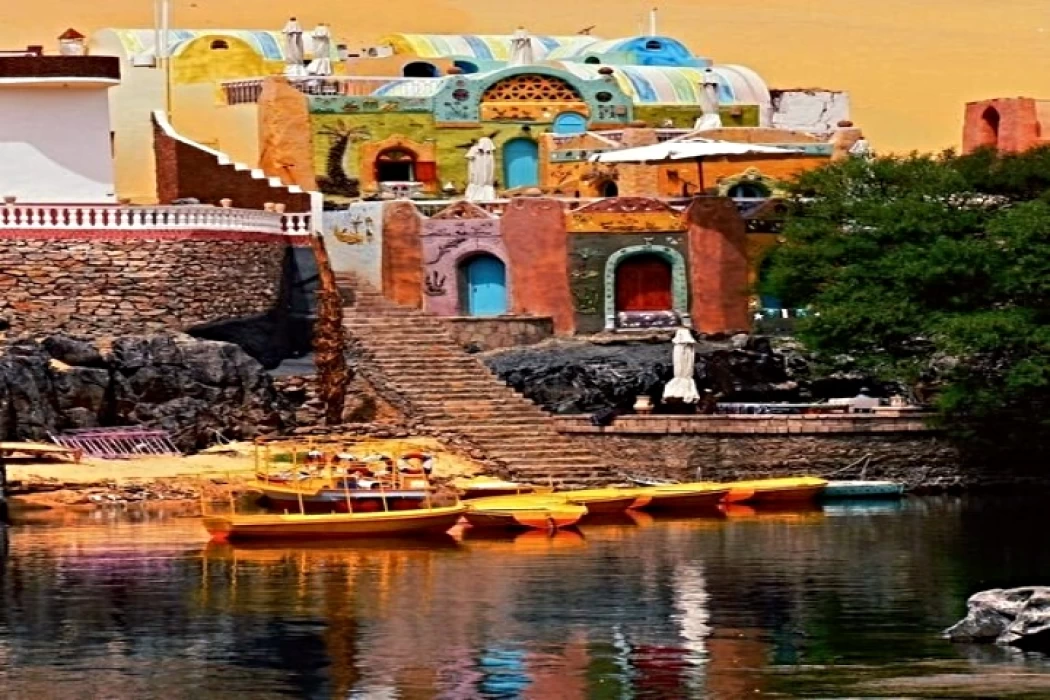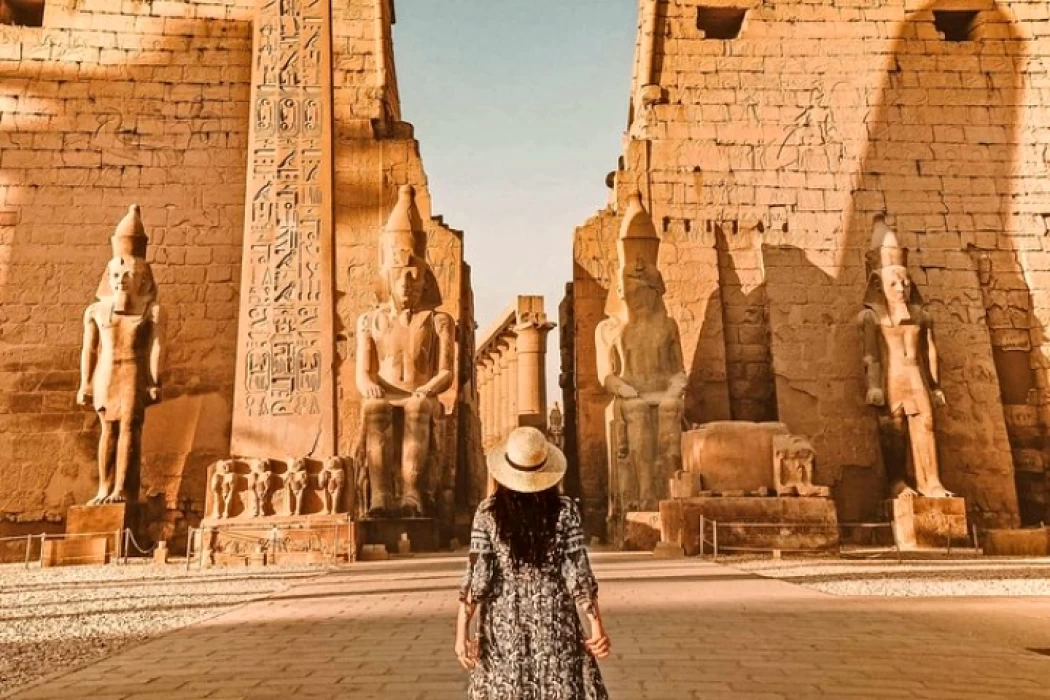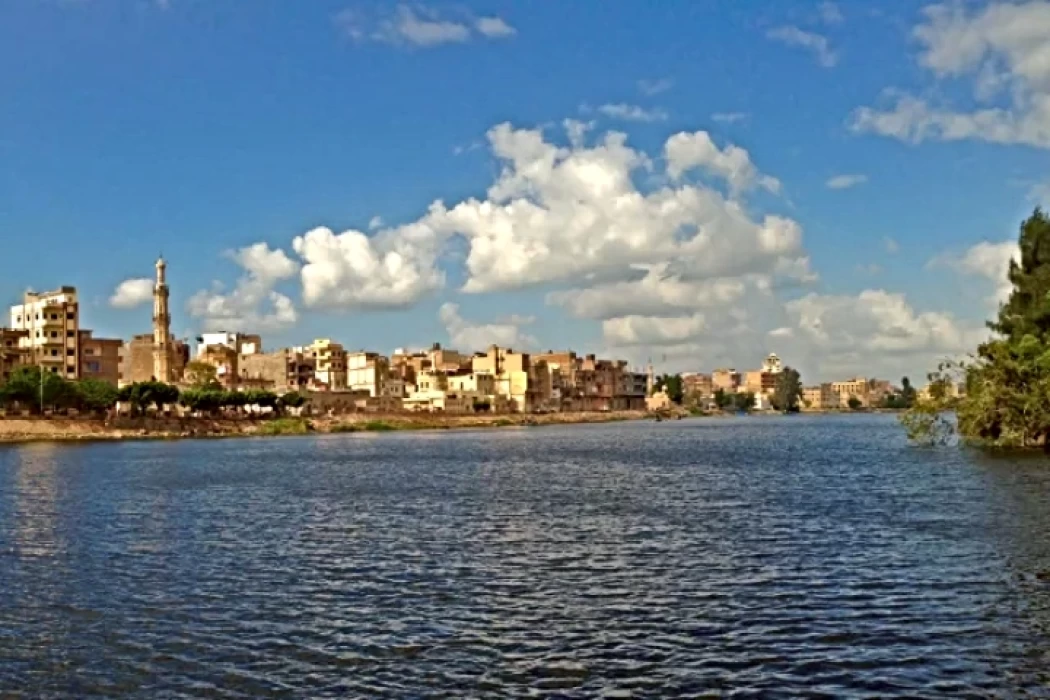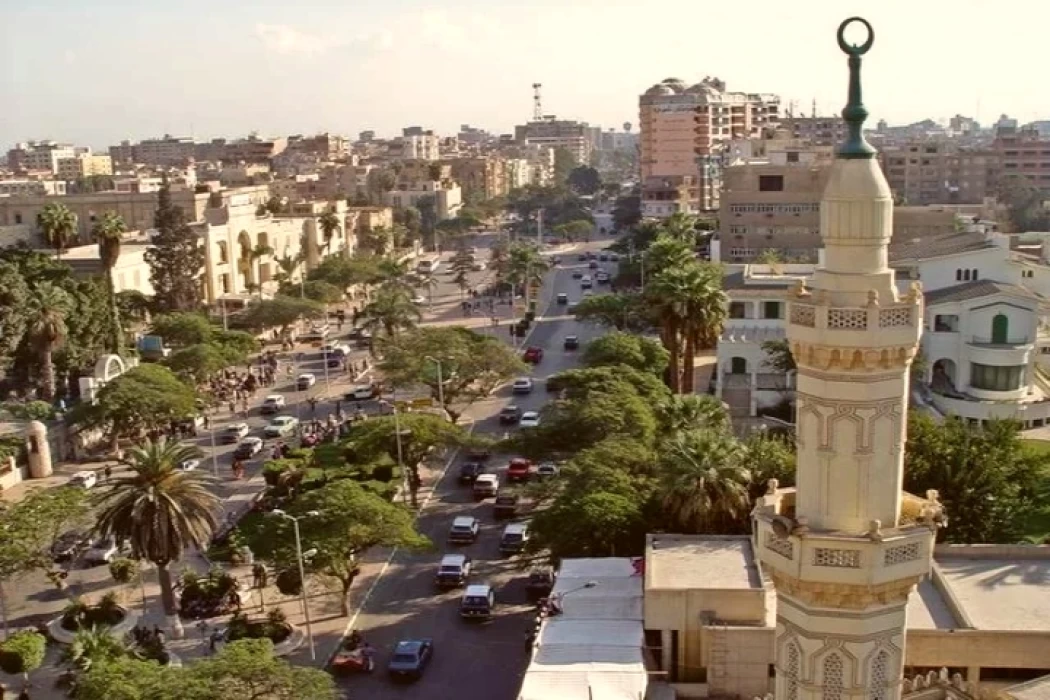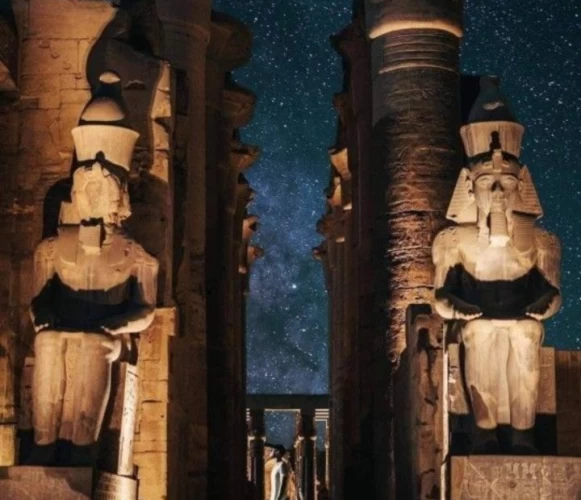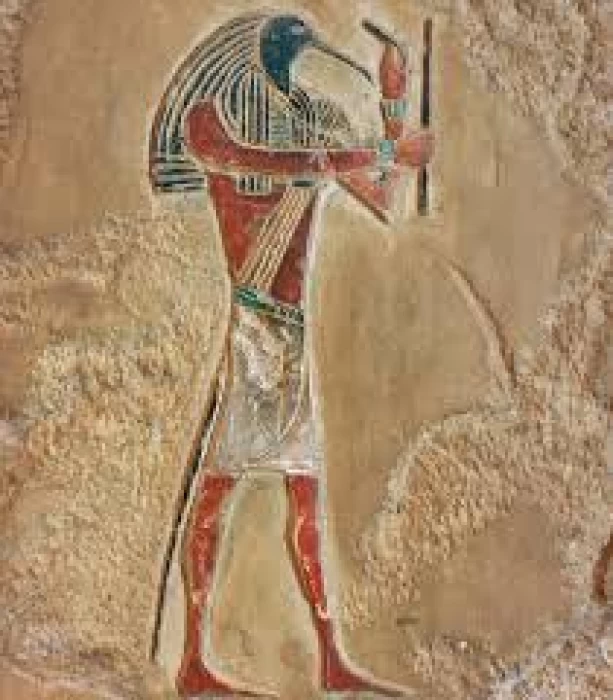
The Egyptian God Thoth
The ancient Egyptians believed that the god Thoth taught them writing and arithmetic. He is always depicted holding a pen and a tablet on which he writes. Egyptians were glorifying their gods and goddesses which you can learn more about them during Egypt Classic Tours. He has a fundamental role in the court of the dead, where the dead person is brought after resurrection to have his heart weighed in front of the feather of truth, Maat.
Thoth records the result of the scale. If the dead person’s heart is heavier than the feather of truth, then he is a sinner and a disobedient person. He throws his heart to a predatory beast that devours it, and this is the eternal end of the dead person. However, if the heart is lighter than the feather of truth, then this means that the dead person was righteous in this world, so he enters heaven to live there with his wife and loved ones after Osiris receives him.
Moreover, Thoth occupies an important position in the ancient Egyptian religion, as he is associated with the role of mediator between the gods of good and evil. You can discover Egyptian temples and museums like Karnak Temple and Luxor Temple which were places for worshipping the Egyptian Gods during your chosen trip from Egypt Easter Tours. The legend says that he witnessed three conflicts between good and evil, the most famous of which was the third conflict between Horus, son of Osiris, and Set, and he possessed superior magical abilities.
The role of Thoth was mentioned in the legend of Isis and Osiris. After Isis collected the remains of Osiris from all over Egypt under the action of Set, Thoth confided in her words so that she could resurrect him again, and give birth to their son Horus after his death. Then a battle took place between Horus, the avenger of his father, and Set, and Horus lost his left eye in that conflict, but consulting Thoth gave him the wisdom and knowledge to treat it and restore it, so Thoth was the god who spoke the will of Ra.
The Egyptians' knowledge of the calendar, the days of the year, and the months were linked to the god Thoth. Therefore, some people called the Egyptian calendar the Thoth calendar. The first month of the Egyptian month’s year is the month of "Thoth." Which relates to Thoth. Thoth is named for the god of wisdom, calculations, and astronomy among the ancient Egyptians. Discover more and more about Egypt's great history and the Egyptian civilization during your tour from the Egypt Travel package. Tailor your itinerary carefully with the Cairo Top Tours professional team.
Latest Articles
Admin
Aswan Governerate in Egypt
Aswan was known as ‘Sonu’ in ancient Egyptian times, meaning market, as it was a trading centre for caravans coming to and from Nubia. In the Ptolemaic era, it was called ‘Sin’ and the Nubians called it ‘Yaba Swan’. It was also known as the Land of Gold because it served as a great treasure or tomb for the kings of Nubia who lived there for thousands of years. Before the migration, Aswan's borders extended from Asna in the east to the border of Sudan in the south, and its inhabitants were Nubians, but after the Islamic conquest of Nubia, some Arab tribes settled there.
Admin
About Luxor Governorate in Egypt
The South Upper Egyptian area is home to the Egyptian governorate of Luxor. Its capital is Luxor, which was formerly Thebes, the capital of Egypt throughout multiple pharaonic eras. Its centers and cities are spread over both sides of the Nile River. The said governorate was established by Presidential Decree No. 378 of 2009, which was promulgated on the 9th of December of that year.
Admin
History of kafr El Sheikh Governorate
Kafr El Sheikh Governorate, located in the far north of Egypt in the Nile Delta, overlooking the Mediterranean Sea, is characterised by the diversity of natural life and environments, and is one of the Egyptian cities that can be visited after the end of the first semester exams at universities and schools, as it features many diverse tourist and recreational places at symbolic prices within everyone's reach.
Admin
Egypt's New Administrative Capital
The New Administrative Capital is considered the project of the era because it reflects a perfect image of the future and progress on the economic, cultural, social and civilisational level, as the capital is considered the new capital of Egypt at the present time. The importance of the New Capital is that it is a comprehensive transformation of the future of buildings, services and national and mega projects in Egypt.
Admin
Al Gharbia Governorate
The Governorate of Gharbia is inclusive in the geographical area of The Arab Republic of Egypt which is in the African continent, more specifically in the region surrounding the Nile delta, between Damietta and Rashid governance. To the control of the region from the north is Kafr El-Sheikh Governorate, from the south Menoufia Governorate, from the east – Dakahlia, Qalyubia Governorates, and to the west is the Beheira Governorate.
Admin
Hamata Islands (Qulaan Archipelago) in Marsa Alam
Each reserve has several sectors. In Wadi El Gemal Reserve, there is one of the natural areas called the Hamata area or Hamata sector in Wadi El Gemal Reserve. Its sectors are the perfect and most ecological, land and water, and host countless animals and plants found in the oceans and on the land.
